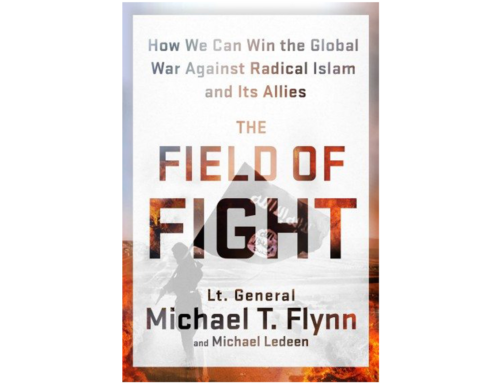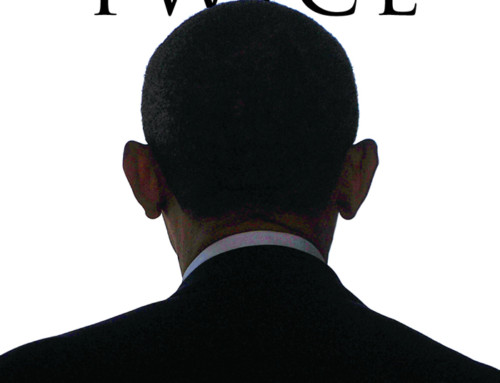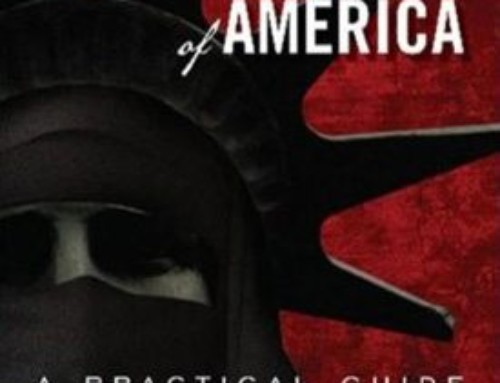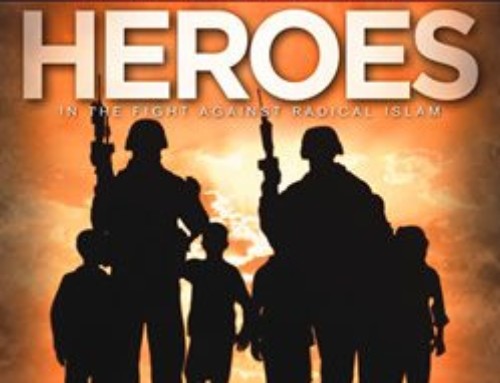About the book “American Mourning.”
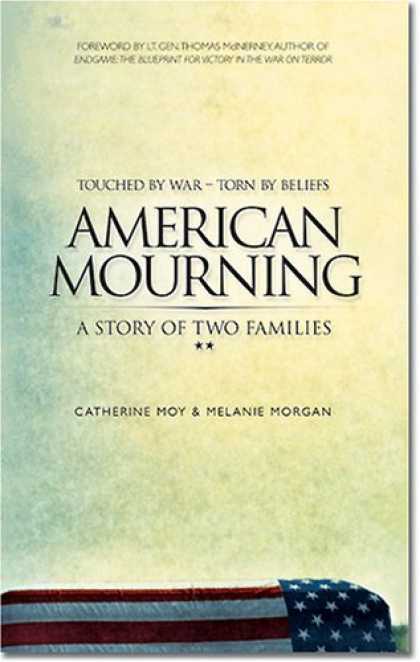 The philosopher and member emeritus of that rare breed of British conservatives, Roger Scruton, once wrote that, for him, the most compelling sentence contained in the New Testament is “Jesus wept.” For me, American Mourning, co-written by the prize-winning author Catherine Moy and conservative diva Melanie Morgan, mother of the Gray Davis recall, invokes similar paroxysms of emotion that merged unmistakably with a religious experience.
The philosopher and member emeritus of that rare breed of British conservatives, Roger Scruton, once wrote that, for him, the most compelling sentence contained in the New Testament is “Jesus wept.” For me, American Mourning, co-written by the prize-winning author Catherine Moy and conservative diva Melanie Morgan, mother of the Gray Davis recall, invokes similar paroxysms of emotion that merged unmistakably with a religious experience.
Their book tells two parallel stories. The first is about two boys, Casey Sheehan and Justin Johnson, two buddies from opposite sides of the country who meet at Fort Hood. In Iraq, both are killed within the first three weeks of their tours. Their second story is of two women, Cindy Sheehan and Jan Johnson, who endure the most primal pain a mother can endure—the burial of a murdered child.
While adhering to the facts, the authors, Moy and Morgan, provide their reader a spiritual catharsis in plumbing the depths of their protagonists’ maternal grief.
God should have taken me instead
The silent film rolls with imagined snapshots of my child’s last minutes
The last scent, sweet or decayed.
The last sight, light or hell.
Then the shot. The explosion.
American Mourning reminds the Western reader that within our collective unconscious is the Funeral Oration delivered by Pericles, in 340 B.C., a speech to the Athenians commemorating their fallen boys on the first anniversary of what would be the 27-year-long Peloponnesian War. Pericles’ address stands as the first Western speech aimed at summoning a patriotic love of country and of culture, yet it falls short of what Moy and Morgan have written because it fails to acknowledge the grief and sacrifice those ancient Athenian mothers must have known as they took possession of the urns that bore the ashes of their boys.
American Mourning summons vividly the deepest of human emotions and torment—the love and loss of one’s own child. On the day her son’s casket arrived Justin’s mother, Jan, wrote:
Gone was the man we thought he would be,
It was my baby they returned to me.
In the book’s forward by Thomas McInerney, he writes, “What muddies this conflict is that our enemy is not a country but an ideology.”
Shortly after he arrived in country, Casey Sheehan was killed when he volunteered to help rescue military engineers who were being ambushed while attempting to build the first functioning sewage system in a putrid Shi’ite slum called Sadr City. He and six other soldiers were killed trying to relieve Iraqis from abject squalor and provide them the freedom from infectious disease, killed by the very same residents who were merciless brutalized by Saddam Hussein, but who nevertheless opened up with automatic weapons on their American liberators and benefactors.
Justin was sent to try to rescue the besieged patrol but by the time he arrived, the situation was hopeless. Casey had already died in the ambush.Justin was killed while on patrol six days later. One of the harsh realities Moy and Morgan expose is that the ideology that we face is a pandemic among Muslims. It teaches them from birth to despise the infidel. Therefore, overnight and for little reason, it is a pathologic ideology that can turn a needy oppressed friend into a merciless assassin.
American Mourning tells the story of how two families, in the aftermath of their sons’ deaths, coped and went on. Justin’s mother, Jan, slid into depression but never wavered in honoring her son his country’s mission. Casey’s mother, Cindy Sheehan, coped by founding Camp Casey in Crawford, Texas, and for about a year afterward, became the American left’s most visible advocate for regime change—here in the United States.
Moy and Morgan uncovered documents that show Sheehan was paid well for her activities by George Soros and the Kerry campaign. In 2004, during the run-up to the presidential election, she made scores of appearances (one of which I attended and reported on for Human Events), and she not only echoed Kerry in stating that President Bush lied to the country in his justification for the war with Iraq, but she also told her audiences that it was the president, not the Islamofacists, who killed her son.
For those across the cultural divide, Justin’s father, Joe, would surely be considered a violent right-wing hayseed. Upon learning of his son’s death, he immediately re-enlisted in the National Guard, volunteered for combat, and as a veteran, received his orders to go over to Iraq and, as he put it, “Kill some of the terrorists that murdered his boy.” Joe reminds me of a pre-modern, almost mythic figure. Casey’s father, Pat, tried to hold the Sheehan family together but sued Cindy for divorce when her incessant, shameless self-promotion ultimately merged with sedition.
Among the many immutable truths laid bare in America Mourning is the uneasy realization that we are like our ancestors of the distant past, like those ancient Athenian mothers grieving before Pericles. What was true in the fifth century B.C. is still true now. In order to remain free, we are cursed and consigned to losing some of our most cherished sons and daughters or lose our freedom to the conquest by the ruthless, brutal and savage.

